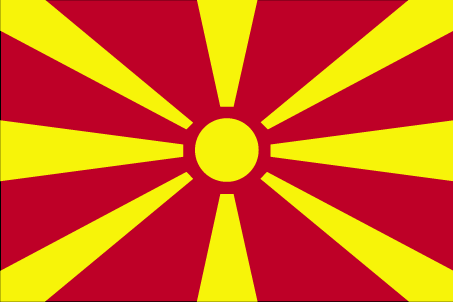
Since its independence in 1991, Macedonia has made significant progress in liberalizing its economy and improving its business environment, but has lagged the Balkan region in attracting foreign investment. Unemployment has remained consistently high at more than 30% since 2008, but may be overstated based on the existence of an extensive gray market, estimated to be between 20% and 45% of GDP, that is not captured by official statistics. Macedonia’s economy is closely linked to Europe as a customer for exports and source of investment, and has suffered as a result of prolonged weakness in the euro zone. Macedonia maintained macroeconomic stability through the global financial crisis by conducting prudent monetary policy, which keeps the domestic currency pegged against the euro, and by limiting fiscal deficits. The government has been loosening fiscal policy, however, and the budget deficit expanded to 4.2% of GDP in 2013. Macedonia achieved modest GDP growth in 2013 after a small contraction in 2012; inflation is under control.
$22.57 billion (2013 est.)
country comparison to the world: 127
$21.89 billion (2012 est.)
$21.98 billion (2011 est.)
3.1% (2013 est.)
country comparison to the world: 113
-0.4% (2012 est.)
2.9% (2011 est.)
$10,800 (2013 est.)
country comparison to the world: 113
$10,600 (2012 est.)
$10,700 (2011 est.)
agriculture: 10.2%
industry: 27.5%
services: 62.3% (2013 est.)
30.4% (2011)
2.8% (2013 est.)
country comparison to the world: 103
3.3% (2012 est.)
960,700 (2013 est.)
country comparison to the world: 145
agriculture: 18.8%
industry: 27.5%
services: 53.7% (31 September 2013)
28.6% (2013 est.)
country comparison to the world: 179 31% (2012 est.)
food processing, beverages, textiles, chemicals, iron, steel, cement, energy, pharmaceuticals
3.2% (2013 est.)
country comparison to the world: 92